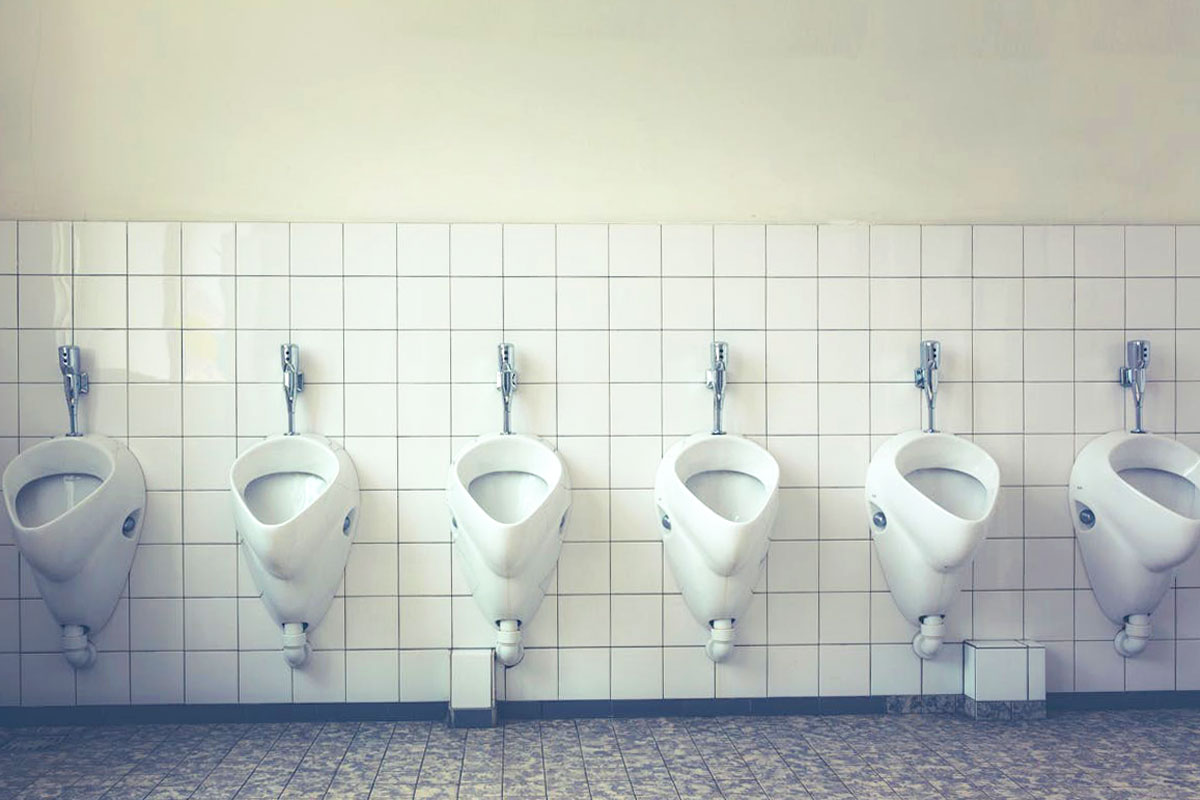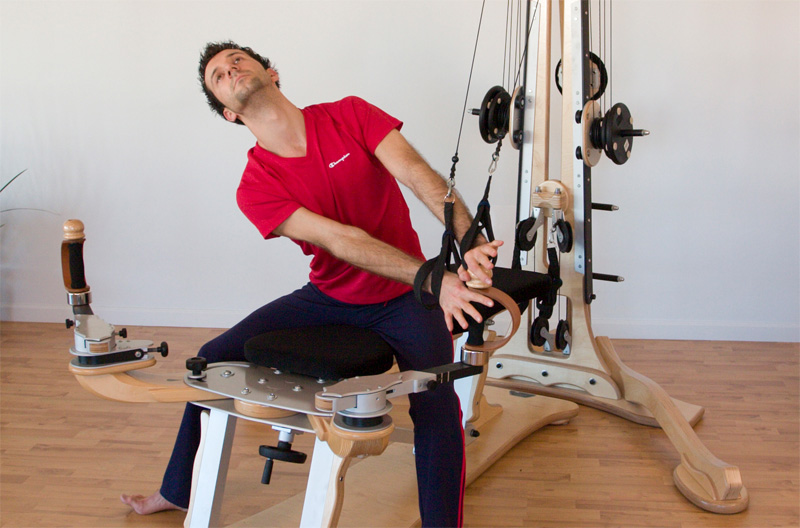Let’s set the scene. It’s 2AM. You’re not sad, you’re not celebrating, and you certainly don’t need another snack. But somehow, you’re standing in front of the fridge, contemplating cold pizza like it’s a religious ritual. That, dear reader, is not lack of willpower. That’s ghrelin, your body's resident hunger gremlin, whispering sweet nothings like “cheesecake is a breakfast food” into your hypothalamus.
Ghrelin is a peptide hormone that is primarily produced in the stomach, especially in the fundus region, and it plays one hell of a role in your appetite regulation, energy balance, and psychological food fantasies. Its mission? To make you eat like a bear preparing for hibernation, even if you just finished your third helping of pasta. It’s not evil. It’s just doing its job—with passion.
The Mechanism: Ghrelin’s Greatest Hits
Ghrelin exerts its appetite-boosting magic by binding to the growth hormone secretagogue receptor (GHS-R) in the hypothalamus, particularly in the arcuate nucleus. This activates neuropeptide Y (NPY) and agouti-related peptide (AgRP) neurons—think of them as the brain’s pushers for fries, donuts, and “just one more bite.” When ghrelin binds, the brain flips the switch to full-blown snack attack mode.
But ghrelin isn’t a one-trick pony. It also:
- Stimulates growth hormone release (yes, it’s technically anabolic, but don’t get excited—it won’t give you biceps).
- Inhibits insulin secretion and increases hepatic glucose output—because it assumes you’re in a famine and need emergency sugar reserves.
- Enhances gut motility—prepping your digestive tract for the feast it’s about to demand.
- Influences the brain’s reward centers—making you associate food with pleasure, euphoria, and Instagram-worthy satisfaction.
Ghrelin Before and After Eating: The Great Rollercoaster
Ghrelin is like that dramatic friend who only shows up when there’s emotional turbulence—except it’s your stomach that’s turbulent. Levels rise sharply before meals, triggering hunger pangs, daydreams of burritos, and sudden interest in baking shows. After eating, ghrelin levels fall, particularly if your meal is rich in protein and fiber. But don’t expect them to stay down for long—ghrelin is persistent, much like your ex.
Why Dieting Feels Like Punishment? Blame Ghrelin
Ghrelin doesn’t care about your summer body goals. In fact, when you start cutting calories, ghrelin ramps up production like it’s trying to save your life. From an evolutionary standpoint, it is—your body interprets dieting as a sign of starvation. So ghrelin increases to make you ravenous, lowers your energy expenditure, and sabotages your motivation to continue. This is why willpower alone doesn’t work for long-term weight loss—it’s biochemical mutiny.
Even worse? After dieting, ghrelin levels stay elevated for months, if not years, making weight regain almost inevitable. It’s not you. It’s literally your hormones plotting against you in the dark.
Sleep, Stress, and Snaccidents
Short on sleep? Ghrelin loves that. Sleep deprivation increases ghrelin levels while lowering leptin, the “stop eating” hormone. That’s the hormonal equivalent of giving your appetite a Red Bull and removing the brakes. No wonder late-night carb raids are a universal experience.
Chronic stress also boosts ghrelin, and not just because you’re comfort-eating. Ghrelin interacts with the brain’s reward system, increasing dopamine activity and making that bag of chips feel like emotional salvation. It’s not a weakness—it’s neurochemistry playing dirty.
Fitness, Fasting, and Ghrelin Games
If you’ve dabbled in intermittent fasting, you’ve already met ghrelin. Around hour 16, your stomach starts sending ghrelin-filled love letters to your brain, and suddenly the smell of your coworker’s reheated fish feels like seduction. Ironically, ghrelin adapts to fasting over time—daily fasters may see a reduction in ghrelin spikes, possibly because the body resigns itself to your masochistic routine.
Exercise, on the other hand, has a complex relationship with ghrelin. Acute intense exercise may reduce it briefly, but chronic endurance training can lead to increased ghrelin as your body demands compensation. So if you're training hard and feel insatiable afterward, that’s not lack of control—it’s your hormones filing a formal complaint.
How to Outsmart Your Ghrelin (Sort Of)
Can you trick ghrelin? Not entirely, but you can negotiate. Here’s how to keep it somewhat in check:
- Protein is your best friend: It reduces post-meal ghrelin more effectively than carbs or fat.
- Fiber helps too: High-fiber meals slow digestion and blunt ghrelin's rebound.
- Don’t skip sleep: Sleep deprivation is a surefire way to boost ghrelin and destroy dietary discipline.
- Manage stress: Cortisol and ghrelin are best buddies—where one goes, the other follows.
- Regular meals work: Predictability in eating can help flatten ghrelin spikes over time.
Ghrelin Is Not Your Enemy, But It’s Definitely Not Your Friend
Ghrelin is a fascinating and frustrating hormone that’s essential for survival but terrible for six-pack dreams. It doesn’t care about your macros, your meal plan, or your beach vacation. It cares about keeping you alive—and preferably well-fed. Understanding ghrelin won’t eliminate cravings, but it might help you forgive yourself the next time you're three spoonfuls deep into peanut butter at midnight. It’s not weakness. It’s science with a side of sabotage.













